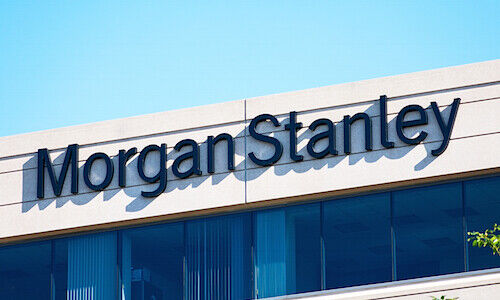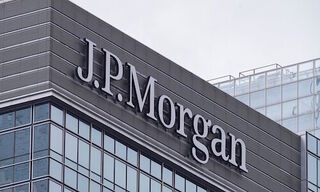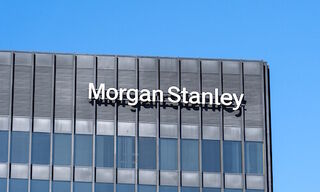Despite gloomy predictions for the Hong Kong property market in 2016, it ranked second in the third quarter with annual home price growth of 16.7 percent. Leading international property consultancy Knight Frank has published the Global House Price Index for Q3 2015. The index, weighted by Purchasing Power Parity* (PPP), increased by 2.7 percent in the year to September 2015. However, with a US rate rise now imminent, Knight Frank expects some emerging markets to slip down the house price rankings in 2016.
Some Report highlights Include:
- Of the 55 housing markets tracked by the index, 45 recorded positive annual price growth in the year to September, an increase from 41 in June.
- Five countries recorded double-digit annual price growth, with Turkey (18.9 percent) leading the ranking, followed by Hong Kong (16.7 percent), New Zealand (12.6 percent), Sweden (11.1 percent) and Luxembourg (10.1 percent).
- The pace of decline in China slowed from the year-on-year -5.7 percent in June to -2.0 percent in September.
- New Zealand and Australia recorded annual growth of 12.6 percent and 9.8 percent respectively. House prices in the countries now stand 43 percent and 48 percent respectively above their financial crisis lows.
- Price growth in Canada (5.6 percent) continued to eclipse that of the US (4.9 percent). Prices in Canada are now rising at their fastest annual rate since 2012.
- Overall, Europe presented a mixed picture. Sweden was Europe’s strongest-performing housing market in the year to September, while Ukraine ranked at the bottom of the index with a double-digit price fall.
Nicholas Holt, Head of Research for Asia Pacific, adds, “The US Federal Reserve’s meeting this month could have a significant impact on the property markets in Asia Pacific. A rate rise will likely lead to Singapore’s and Hong Kong’s currencies being pulled upwards, hence lifting mortgage costs for existing and potential homeowners.
“In certain emerging Asian markets, the impact on markets could be more indirect: capital outflows from the country could lead to a slowdown in economic activity, hence increasing pressure within the country to raise interest rates to support its currency.”
“Hopes remain, however, that with enough “forward guidance” from the Fed, a slow and gradual tightening will ensure that housing markets in the region do not experience too much turbulence.”
David Ji, Director, Head of Research & Consultancy, Greater China at Knight Frank says, “In the second quarter, Hong Kong topped the rank for the index with mass residential prices up by 20.7percent year-on- year. It ranked second in the third quarter with annual home price growth slowing to 16.7 percent.”




















